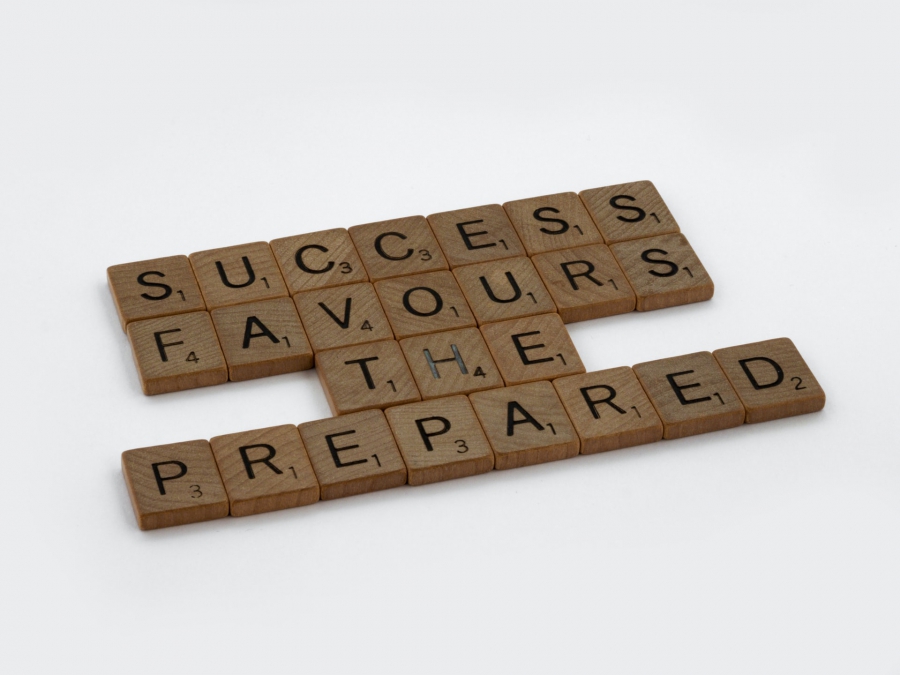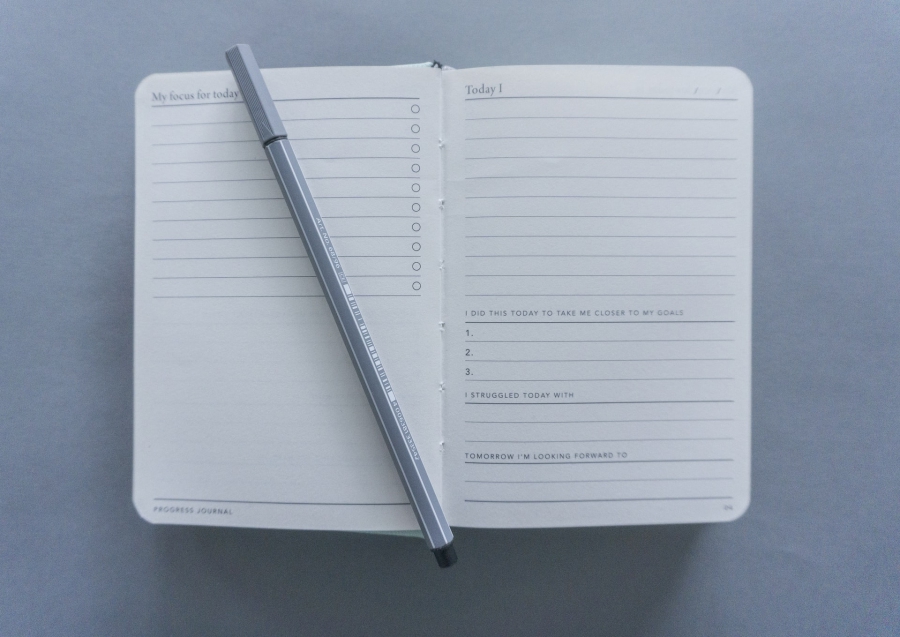MENTAL HEALTH 101 FOR JOBSEEKERS
Getting depressed while job searching is never a good start.
Due to the COVID-19 pandemic, we're faced with the rise of unemployment around the globe. The new normal that we are forced to do is not easy because we can't interact face-to-face without the fear of spreading the virus. People have witnessed the firing rate at the beginning of the pandemic, and it's quite traumatizing for everyone.
After almost two years of living alongside the pandemic, we finally got used to the new routine and found a glimpse of hope to continue living our lives. Companies and businesses are starting to recruit back people or find recruits, and it seems like working life is getting better.
It's indeed getting a little bit better compared to 2020. However, it's still hard to get a job nowadays. This is especially true for those who lost a year of experience for any reason, as it might affect their career prospect in the long run — which may be a depressing experience.
It's totally normal to feel down and anxious after losing your job, not landing the role that you want, feeling a sense of purposelessness, and having financial worries on top of these general struggles. That's why we're going to talk about how to cope with this kind of stress to avoid falling deep into depression or other mental health issues.
Toby Ingham is a UKCP-registered psychotherapist who specializes in treating depression and anxiety. He has provided the following advice for job seekers struggling with motivation or mood.
Prioritize self-care

You may want to get a job, but your emotional health is just as important, so think of the two as symbiotic. Having both goals in sight at once provides positive feedback to each other, which helps you maintain the energy and resources to give yourself the best chances of success. After coming out of lockdown, everyone will experience a strange time, not just you. Keep this in mind.
Plan for a long term goal

Rather than thinking of this as a sprint, you need to think about it as a marathon. Create measurable markers that will help you track your progress. Establish a clear picture of your goal. Imagine your success as it helps to have an idea of where you hope to end up.
Don't forget to prepare beforehand

Before applying for jobs, identify your strengths and weaknesses and write your story clearly. Explain the type of work you are looking for and why you should get it. By preparing your answers to these questions, you'll be able to handle any questions potential employers may ask.
Use your network

You can make a chart listing all the people in your network and then start reaching out to them. It's perfectly acceptable to tell people you are looking for work and that you have no specific reason for contacting them.
You should also take the initiative to ask for new contacts because the person you're speaking with may not be able to assist you right now, but they may feel comfortable introducing you to other leads. Don't worry because people admire others trying to develop their careers.
Good routines will help you

Prior to making any calls, it's better to prepare a script. Make sure your 30-second introductory speech is clear and powerful. You can practice saying it out loud in front of a mirror, and don't forget to be polite. You should not take rejection personally but rather take it as proof that you are doing the right thing and ask for constructive feedback to improve, which will give you confidence for your next interview.
Keep a record of your progress

You will be able to keep developing a positive mindset if you continue to measure your progress on an ongoing basis. Take a few minutes every week to review the work you have done. Praise yourself for your hard work that week, and you should rest over the weekend so that you can return next week with a refreshed mind.
If you're still having trouble with this coping mechanism, don't hesitate to seek help from others or experts. It's better to avoid unwanted mental health issues rather than treat one.
#THE S MEDIA #Media Milenial #Working #Job Seekers #Job #Mental Health
























